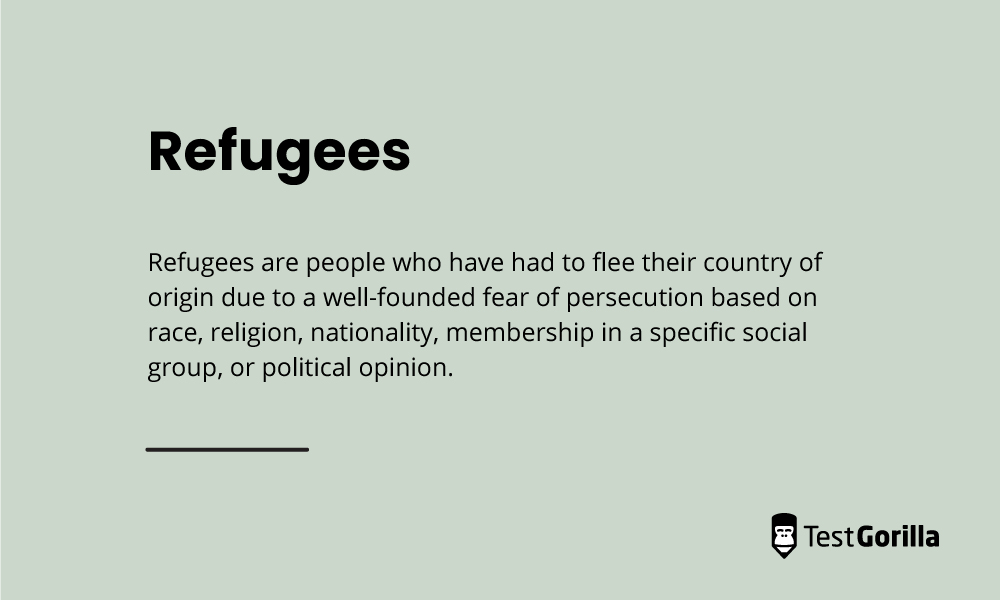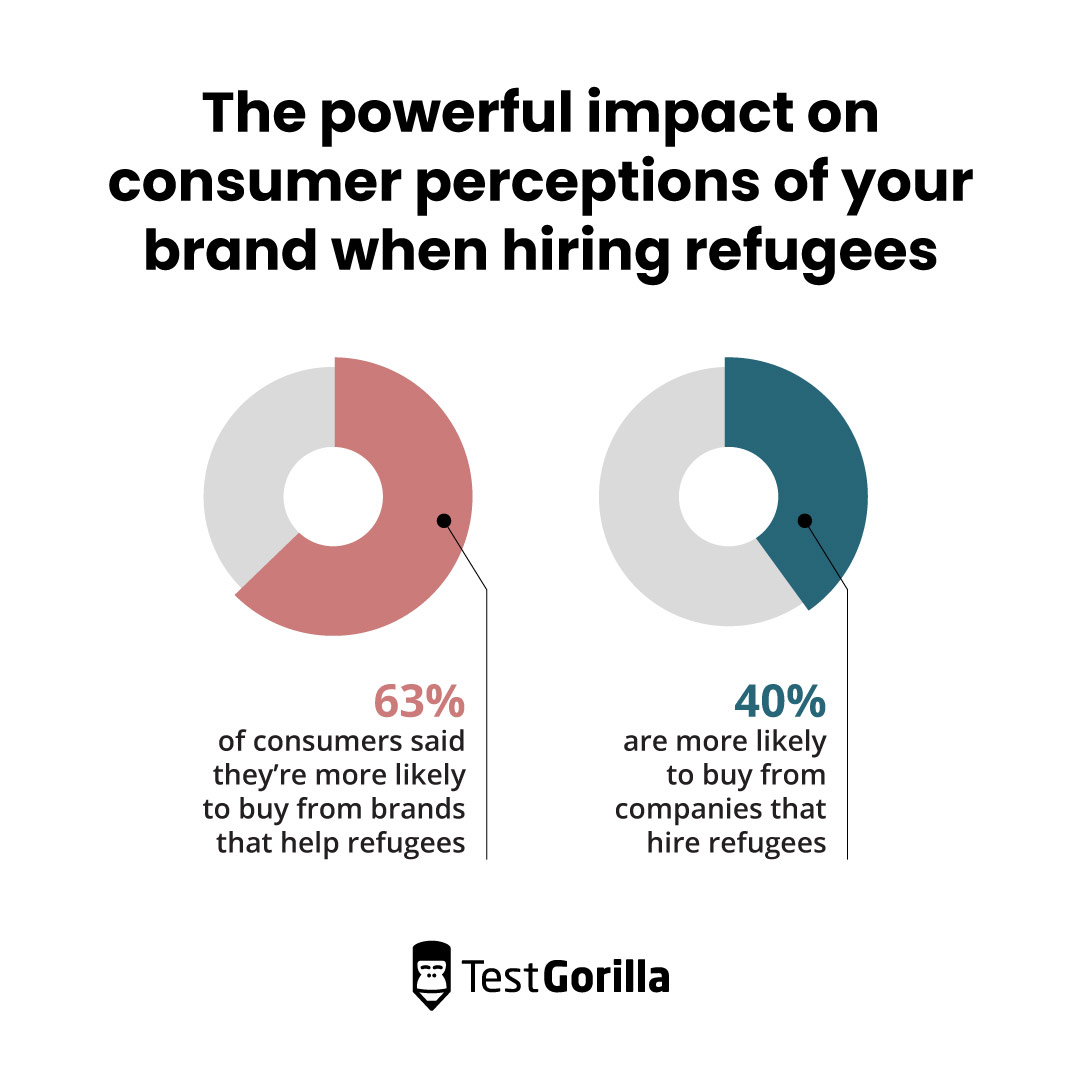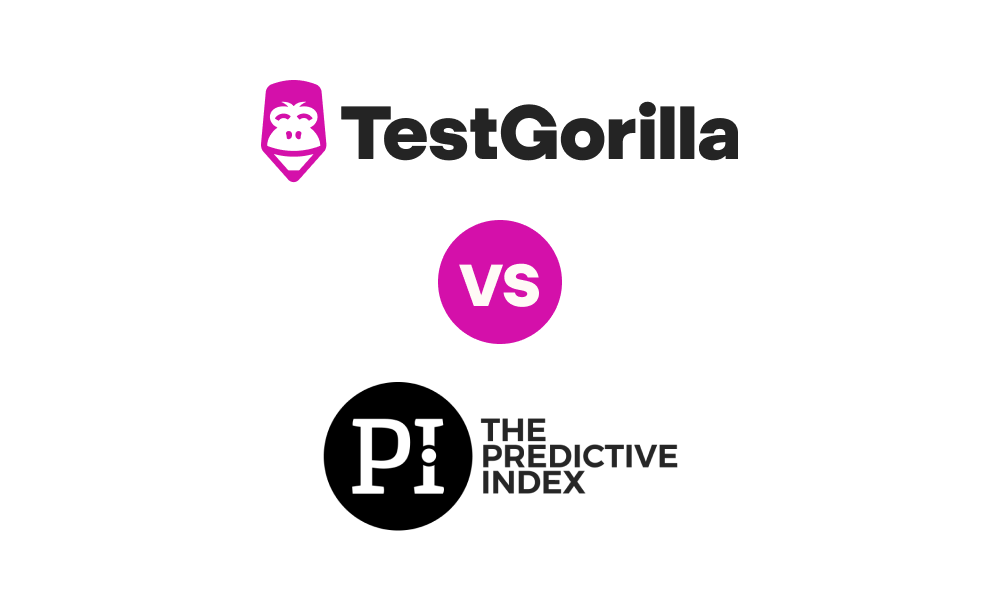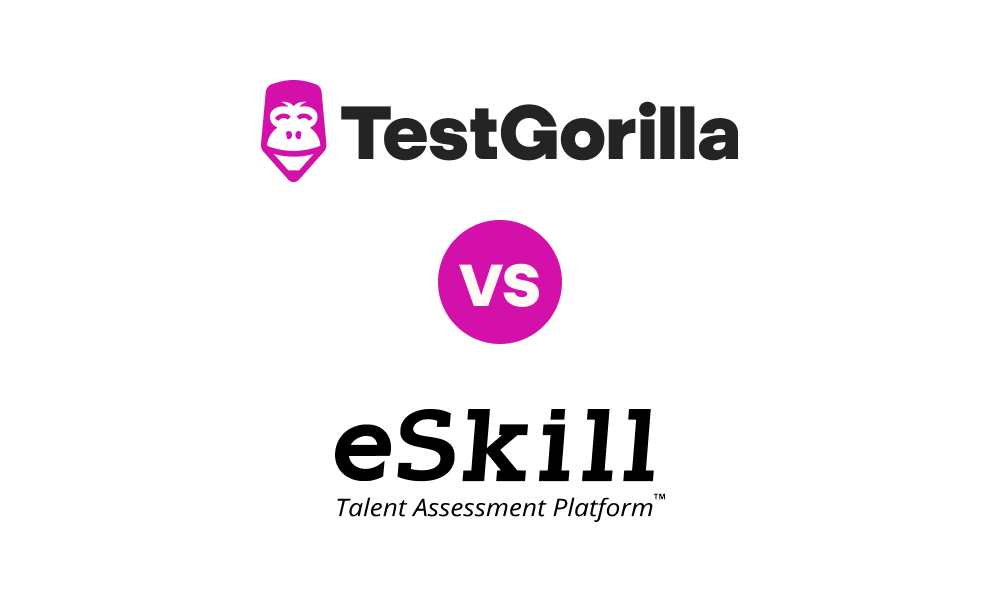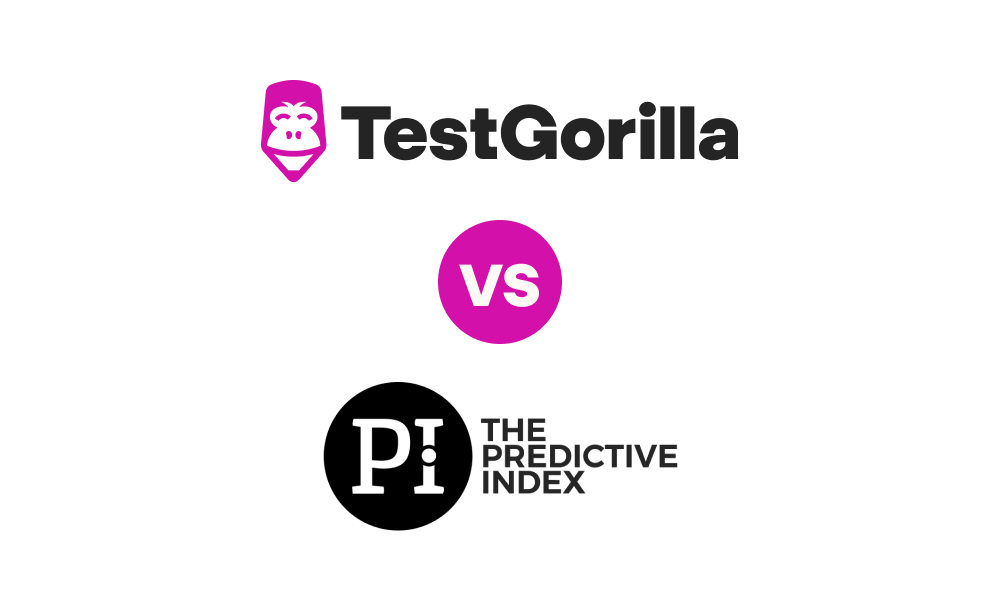In the first eight months of the 2023 fiscal year, the US welcomed 31,800 refugees – the highest number since 2017. [1] This influx represents a significant talent pool for employers.
But hiring refugees involves unique challenges, including language barriers, unrecognized overseas qualifications, and additional training needs. Many refugees have experienced trauma, potentially affecting their work and workplace interactions. Further, the legal rules around refugees’ work rights are complex.
While concerns about hiring refugees are sometimes valid, automatically discounting all refugees could mean missing out on the opportunities they can offer your business. In this article, we look beyond social justice arguments and make the business case for hiring refugees.
Table of contents
The difference between immigrants and refugees
While both immigrants and refugees leave their home country and resettle in another, immigrants do so voluntarily, typically for professional opportunities or to reunite with family. Many employers have experience hiring skilled immigrant workers, while refugees are still being overlooked.
Refugees are people who have had to flee their country of origin due to a well-founded fear of persecution based on race, religion, nationality, membership in a specific social group, or political opinion.
The involuntary nature and precariousness of their situation mean they face unique challenges when accessing the labor market, including institutional, organizational, and individual barriers. These barriers are called the “canvas ceiling” – a reference to the temporary shelters that often house refugees while they wait for resettlement.
7 reasons to hire refugees
Here are seven reasons you should hire refugees:
Avoid brain waste
Access a resilient workforce
Discover a unique solution to labor shortages
Save on labor costs with increased employee loyalty
Reap the benefits of improved workplace diversity
Reduce compliance risks
Build an attractive brand
1. Avoid brain waste
Contrary to some misconceptions, many refugees arrive in a new country willing to work and possessing in-demand skills, including health care, science, education, IT, and engineering skills. Some have extensive work experience or speak multiple languages.
In a report by Talent Beyond Borders, an analysis of 9,685 refugees revealed that over one-third had completed higher education. More than one-third reported the ability to speak a second language.
Yet, companies often underutilize skilled refugees or overlook them during hiring. In the US, this phenomenon, termed “brain waste,” costs an estimated $10 billion in tax payments due to lower earnings.
2. Access a resilient workforce
Some refugees lack professional experience or qualifications – resulting from years spent in refugee camps or other temporary accommodations. Yet, they still offer valuable and highly desirable soft skills.
Many develop high adaptability, resilience, and intercultural competency levels due to their experiences. They’re often motivated by supporting their families and show a solid work ethic and eagerness to learn new skills.
A great example of this is OXXO, a Mexican convenience store chain that’s hired over 1,500 refugees and migrants. The company’s managers say refugee hires “inspire other employees with their resilience, adaptability, and kindness in the face of significant personal challenges.”
3. Discover a unique solution to labor shortages
Many labor markets worldwide are experiencing chronic shortages due to the pandemic and aging populations. According to the US Chamber of Commerce, labor force participation remains below pre-pandemic levels across many industries, including professional and business services, leisure, and hospitality.
Refugees who can work are typically highly motivated to do so to settle into their new lives and contribute to their country of resettlement. Approximately 78.2% of refugees are working age (between 16 and 64 years old) compared to 61.9% of the US-born population.
Supporting refugees in your recruitment processes can widen the pool of suitable applicants and help address labor shortages.
4. Save on labor costs with increased employee loyalty
Gallup estimates that replacing a worker costs 1.5-2 times their annual salary. Reducing turnover can lead to long-term labor cost savings.
Refugees typically have lower turnover rates than the general employee population. In a survey of 26 employers by the Fiscal Policy Institute, 73% reported a higher retention rate for refugee employees compared to other employees.
The survey attributes this enhanced loyalty to employer efforts to integrate refugee employees into the workplace and refugee workers’ preference for working with other refugees. Another possible explanation is that, after spending years in uncertain conditions, refugees are often eager to put down roots in their new country and value job stability.
This has been the experience of the CEO of Chobani and founder of the Tent Partnership for Refugees, Hamdi Ulukaya, who credits the loyalty of his refugee workers to the company’s growth.
5. Reap the benefits of improved workplace diversity
The positive impacts of workplace diversity, including improved productivity, creativity, and problem-solving, are undisputed.
Refugees offer diverse perspectives and experiences, contributing to vibrant and innovative organizational cultures. With varied backgrounds involving unique challenges, they often bring different approaches to critical thinking and decision-making, which can help your business identify opportunities.
Heritage Bank in Toowoomba, Australia, discovered this first-hand when it hired two community liaison officers to engage with its growing migrant and refugee customer base. This move widened the candidate pool during labor market shortages and allowed the bank to provide “culturally respectful and inclusive banking services.”
6. Reduce compliance risks
Both conscious and unconscious bias can creep into the hiring process when refugee applicants are involved, potentially leading to discrimination and legal consequences like formal complaints and lawsuits.
The best way to protect your business from these risks is to foster inclusive hiring practices that support and encourage refugee candidates.
A cautionary example is SpaceX, which is currently facing a lawsuit over allegedly discriminating against refugees and asylum seekers in hiring practices. With the US Justice Department seeking back pay and civil penalties, this case illustrates the potentially high cost of excluding refugees from recruitment.
7. Build an attractive brand
Hiring refugees can also have a powerful impact on consumer perceptions of your brand.
In a survey by New York University’s Stern School of Business and the Tent Partnership for Refugees, 63% of consumers said they’re more likely to buy from brands that help refugees and 40% are more likely to buy from companies that hire refugees.
Embracing refugee recruitment contributes to a socially responsible brand image, which more consumers are prioritizing in their purchasing decisions.
Use a skills-based approach to hire refugees
Hiring refugees benefits other employees, customers, and business outcomes. It gives your organization access to a broader pool of loyal, skilled candidates and may help you address labor shortages.
So, it’s a great time to review your hiring practices to ensure they encourage and support refugees. A skills-based approach to recruitment enables you to assess all candidates’ skills fairly, ensuring you offer jobs to candidates with the right skills – regardless of their backgrounds.
We believe it’s time to tear down the canvas ceiling – one recruitment process at a time.
Sources
Nicole Ward and Jeanne Batalova, “Refugees and Asylees in the United States,” Migration Policy Institute (2023) https://www.migrationpolicy.org/sites/default/files/publications/SPT-Refugees2023-PRINT-final.pdf
Related posts
Hire the best candidates with TestGorilla
Create pre-employment assessments in minutes to screen candidates, save time, and hire the best talent.
Latest posts
The best advice in pre-employment testing, in your inbox.
No spam. Unsubscribe at any time.

Hire the best. No bias. No stress.
Our screening tests identify the best candidates and make your hiring decisions faster, easier, and bias-free.
Free resources
This checklist covers key features you should look for when choosing a skills testing platform
This resource will help you develop an onboarding checklist for new hires.
How to assess your candidates' attention to detail.
Learn how to get human resources certified through HRCI or SHRM.
Learn how you can improve the level of talent at your company.
Learn how CapitalT reduced hiring bias with online skills assessments.
Learn how to make the resume process more efficient and more effective.
Improve your hiring strategy with these 7 critical recruitment metrics.
Learn how Sukhi decreased time spent reviewing resumes by 83%!
Hire more efficiently with these hacks that 99% of recruiters aren't using.
Make a business case for diversity and inclusion initiatives with this data.

